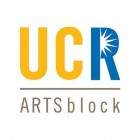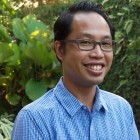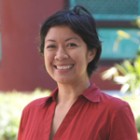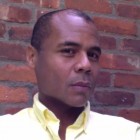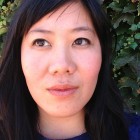CA+T Interview with Robyn Rodriguez
Interviewed via E-Mail
November 3, 2013
Matthew Andrews, CA+T
Interviewer Robyn Rodriguez, Scholar
Matthew Andrews: How did you become interested in the study of Filipino labor migration?
Robyn Rodriguez: I’ve been an immigrant rights activist since I was an undergraduate student at the University of California, Santa Barbara. Proposition 187 was introduced as a ballot measure during that time [1994], and I got very involved in mobilizing against it.1 Around the time I graduated and was applying for graduate school, the hanging of Flor Contemplacion and the global movement to stop it took place.2 My work as an activist shaped my interest in pursuing my graduate education and ultimately shaped my research agenda.
MA: How did you get started studying the role of the Philippine state in global Filipino labor migration?
RR: I see my work as a critical scholar-activist as fundamentally about exposing structures of power. I wanted to use a method that is typically used to subjugate people (ethnography) as a means of dissecting the state and thereby destabilizing it.
MA: Sociologists employ a variety of methods in their research, including in-depth interviews, statistical analysis, comparative historical methods, and your work is informed by ethnographic field research. What do you see as some advantages to using ethnography in the study of Filipino labor migration, particularly the role of the state?
RR: I think ethnography allows us a lens into the state’s operations that can be overlooked in other kinds of analyses. For example, it’s one thing to interview an official and get their account of their jobs with a bureaucracy; it’s quite another to actually observe the practices of the bureaucracy. One could also look at government policy to ascertain the functions of a particular aspect of the state apparatus, but again, it does not give us a full view of how that aspect of the state apparatus is actually experienced by ordinary people. I think ethnography is an especially generative methodological tool even as my choice in deploying it as a method was politically informed.
MA: What was your most memorable experience while conducting your ethnographic fieldwork?
RR: A public official, a very high ranking one, breaking down in tears during an interview. It was a reminder that the state, even as it exhibits a kind of singular logic, is an incredibly complex institution that is constituted by a broad range of individuals and practices. It’s in these moments that one sees the fragility of the state and therefore one can recognize the possibilities for recreating it.
MA: Among your many activities, you are involved with the community-based research initiative the Caregiver Research Project or "CARE Project." Could you tell me about the CARE Project and its activities?
RR: The CARE Project came out of collaboration with the Filipino Community Center (FCC) in San Francisco, California. The FCC has been handling numerous cases of wage theft and exploitation amongst caregivers and wanted to understand their working and living conditions better. But their interest in learning about the issues was ultimately to help support the formation of an autonomous, self-organized group of low-wage migrant workers.
MA: How did you become involved with the CARE Project?
RR: I have a long history of immigrant rights activism (as I discuss above) and that continued through my graduate career at the University of California, Berkeley. It was then that I met and began to work with the people who would eventually found the FCC. After getting hired at the University of California, Davis in Asian American Studies and returning to the Bay Area after a six year absence, I was anxious to do the engaged scholarship that I could never quite do in the traditional disciplinary department where I was previously employed. Also, my former graduate student and now colleague, Valerie Francisco, moved to the University of San Francisco for a fellowship, and it was a wonderful opportunity to work with her.
MA: A central component to the CARE Project is community-based participatory action research. How is this research method similar and/or different in approach (e.g., aim, process) from your ethnographic work on Filipino labor migration?
RR: It’s different in the sense that research in the CARE Project was towards the end of organizing, not necessarily knowledge production as such. While the actual findings have been important, they have been important as a tool for raising workers’ political consciousness. Though the objects/subjects of research in these two different projects are quite different (i.e., workers versus the state), together, the research opens up the possibilities for new political imaginaries and practices.
1Editor’s note: California Proposition 187, also known as the “Save Our State (SOS)” measure, was a ballot initiative to establish a state-run citizenship screening agency that would also prohibit “illegal” immigrants from accessing public services like health care and public education. A series of legal challenges prevented its implementation, and in 1999 California governor Gray Davis withdrew appeals, effectively killing the measure.
2Editor’s note: In 1995, Flor Contemplacion, a Filipina domestic worker in Singapore, was executed by the state for the murder of another domestic worker and the child of which she was taking care, despite substantial conflicts in the medical evidence and irregularities in the trial procedure.
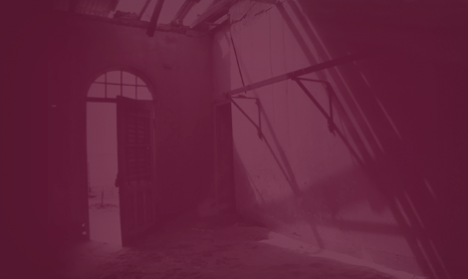

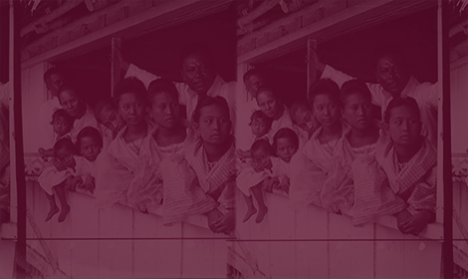


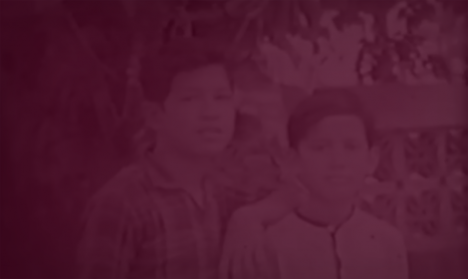



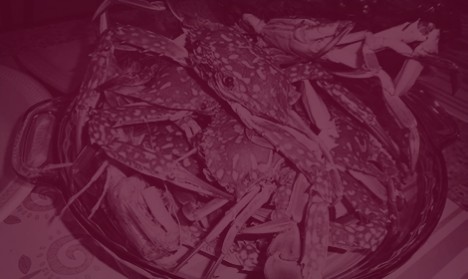























.jpg)
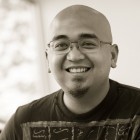


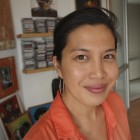



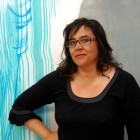
.jpg)
.jpg)
.jpg)

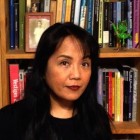

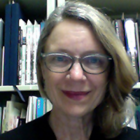
.jpg)
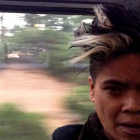
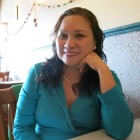
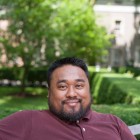
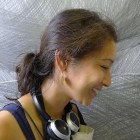

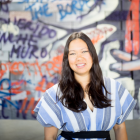
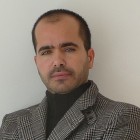

.jpg)


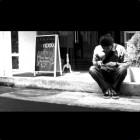
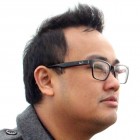
.jpg)

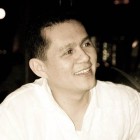
.jpg)
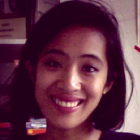

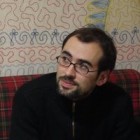

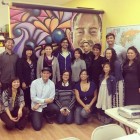

_Cropped.jpg)
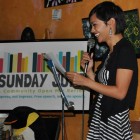
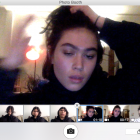
.jpg)
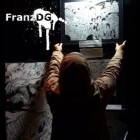

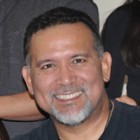



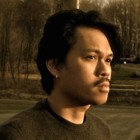
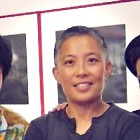
.jpg)
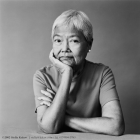
.jpg)
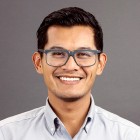
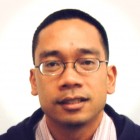
.jpg)
.jpg)
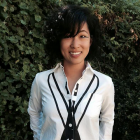


.jpg)
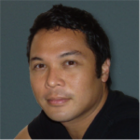

.jpg)


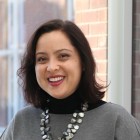

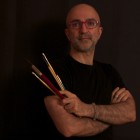





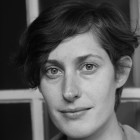
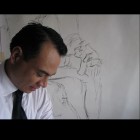
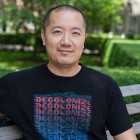

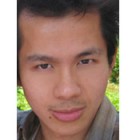


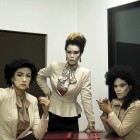
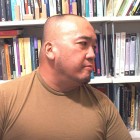
.jpg)
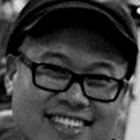
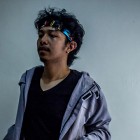
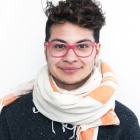
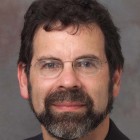
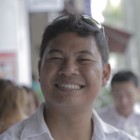


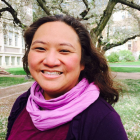
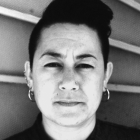

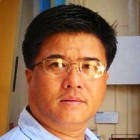

.png)


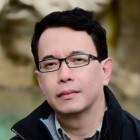
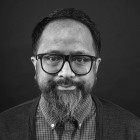

.jpg)
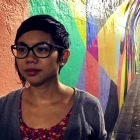
.jpg)
.jpg)

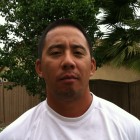



.jpg)
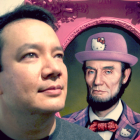
.jpg)
.jpg)

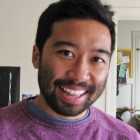

.jpg)
.jpg)

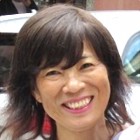

.jpg)
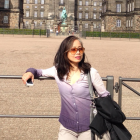



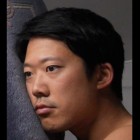
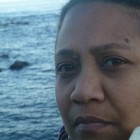
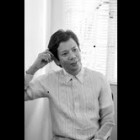
.jpg)
